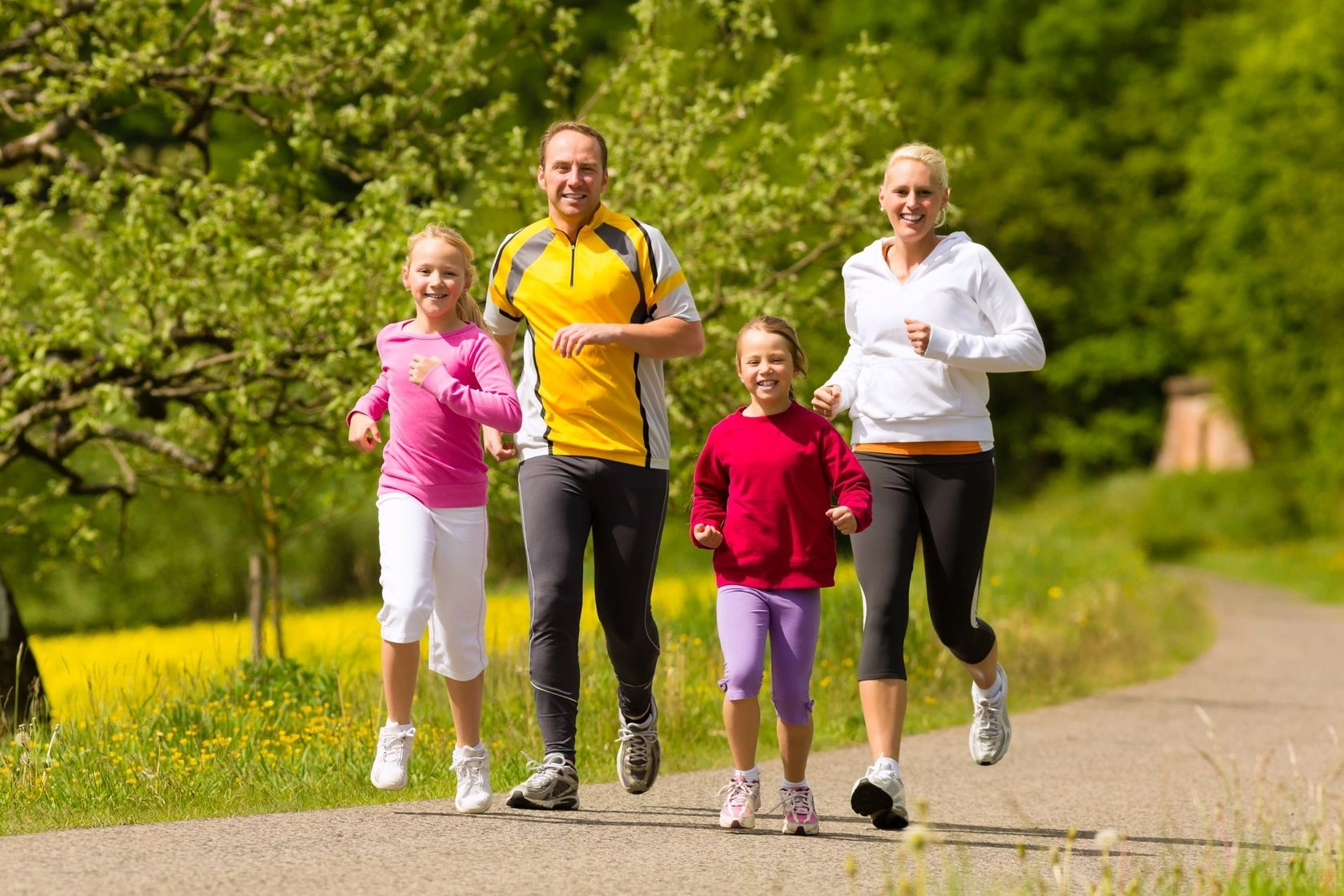What Is Anxiety and How Common Is It?
Anxiety is a natural stress response, manifesting as feelings of worry or fear about future events. It is often a normal part of life. However, for some people, anxiety becomes chronic, leading to what is known as an anxiety disorder. This chronic anxiety can significantly impact daily activities and quality of life.
Although medication is a conventional treatment for anxiety, it may not be suitable for everyone. Various non-pharmacological methods can be highly effective in managing anxiety symptoms. For instance, online anxiety treatment can offer valuable resources and support for individuals looking for alternatives to medication.
Effective Lifestyle Changes
Making proactive lifestyle changes can be a cornerstone in reducing anxiety symptoms. One critical aspect is maintaining a consistent sleep schedule, as poor sleep can exacerbate anxiety. Aiming for 7-9 hours of sleep per night and following a regular bedtime routine can help stabilize mood and reduce stress.
Another significant change is reducing the consumption of caffeine. As a stimulant, caffeine can raise heart rate and induce feelings of nervousness, closely mirroring anxiety. Cutting back on coffee, tea, and other caffeinated beverages can lead to a noticeable decrease in anxiety symptoms.
Furthermore, dedicating time each day for relaxation is vital. Methods like progressive muscular relaxation, progressive deep breathing, or simply taking a few minutes to unwind with a good book can help mitigate the body’s stress response.
Utilizing Therapy and Counseling
Therapy is one of the most effective tools for managing anxiety. Cognitive Behavioral Therapy (CBT) is particularly renowned for its ability to help individuals recognize and change negative thought patterns that fuel anxiety. CBT techniques involve identifying irrational beliefs, challenging them, and swapping them out for more sensible, grounded ideas.
Beyond CBT, there are other therapeutic approaches like Dialectical Behavior Therapy (DBT), Acceptance and Commitment Therapy (ACT), and Exposure Therapy, each tailored to address different aspects of anxiety. For many, engaging in therapy or counseling provides a safe and supportive space to discuss their anxiety triggers and develop coping strategies with the guidance of a trained professional.
The Significance of Meditation and Mindfulness
The practice of mindfulness and meditation has become more well-liked due to its efficiency in lowering tension and anxiety. Being mindful requires paying attention to the here and now and appreciating and accepting one’s feelings without judgment. This practice can help individuals break the cycle of negative thinking that often accompanies anxiety. According to the National Institute of Mental Health, mental health issues are most commonly associated with anxiety disorders in the United States, affecting over 19% of the adult population annually. These disorders are more than twice as common in women as in men. Incorporating even a few minutes of mindfulness or meditation into daily routines can profoundly affect mental well-being.
How Physical Exercise Helps
Physical exercise is one of the most effective yet accessible ways to manage anxiety. Exercise releases endorphins, which are endogenous hormones that naturally boost. Physical activity can provide immediate and lasting relief from anxiety symptoms, Whether cardiovascular activities like running or cycling or more meditative practices like yoga.
Apart from endorphin release, exercise also helps by improving sleep, reducing levels of the stress hormone cortisol, and providing a healthy outlet for pent-up energy and tension. Activities like jogging, swimming, or even participating in a dance class can serve as excellent ways to decrease anxiety levels.
Nutrition and Herbal Supplements
Maintaining mental health requires eating a balanced diet. Omega-3 fatty acids in fish, walnuts, and flaxseeds are among the nutrients that improve brain function and lessen anxiety symptoms. Similarly, antioxidant-rich foods like leafy greens and berries can help prevent oxidative stress, exacerbating anxiety.
Certain herbal supplements, in addition to food, have also been shown to help lower anxiety. Common herbs that help with relaxation include lavender, chamomile, and valerian root. It is best to speak with a healthcare professional before beginning any new supplement regimen to ensure they are appropriate and safe.
Engaging in Hobbies and Creative Activities
Engaging in hobbies can provide an excellent distraction from anxious thoughts and be a form of self-care. Whether painting, writing, gardening, or playing a musical instrument, these activities offer a creative outlet and can improve mental well-being. Happiness and achievement from having interests can be significant morale boosters.
Creative activities, in particular, require focus and attention, which can divert one’s mind from anxiety-inducing thoughts. Additionally, producing something tangible or gaining skills through hobbies can improve self-esteem and a sense of purpose.
Building and Using a Support Network
Having a support system of friends and family is essential for anxiety management. Open communication allows for sharing feelings and receiving encouragement and advice. Sometimes, the weight is greatly lessened just by conversing about what worries you.
Support groups, either in person or online, can foster solidarity and mutual comprehension. These groups offer the chance to connect with people going through comparable circumstances, which can reduce loneliness and give you a sense of affirmation and validation of your feelings.
Useful Technology and Apps
Technology can offer numerous tools to help manage anxiety. Various apps provide guided meditations, breathing exercises, and mood tracking, which can all be beneficial. These apps can offer instant and portable access to resources that support mental health.
Additionally, online platforms can connect you with mental health professionals for virtual therapy sessions, facilitating support access from the convenience of your home. Utilizing these technological tools can complement other strategies and form a comprehensive approach to managing anxiety.




